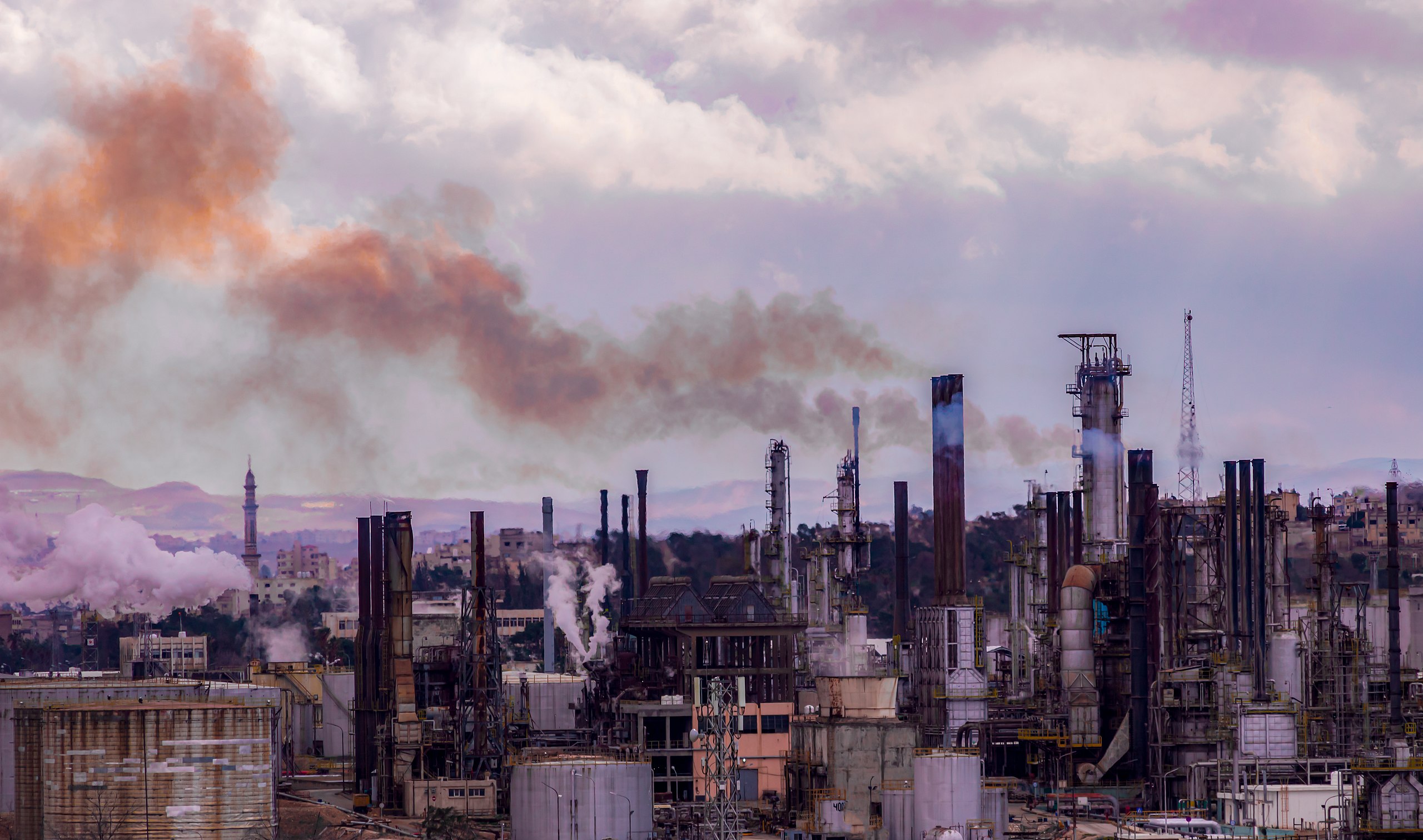It’s a case study in the sheer complexity of the executive branch, and in why progressives need a holistic approach to their advocacy. Environmental activists have only relatively recently begun paying systematic attention to the financial industry, and critics of U.S. foreign policy could be forgiven for having little more than a passing knowledge of what the Securities and Exchange Commission does all day.
But both coalitions should study up quickly on both the SEC’s rulemaking processes, and the potential Commission chairs under Joe Biden. Because believe it or not, the agency mostly in charge of regulating stock trades might also help Big Oil conceal its payoffs to corrupt world leaders.
As the Daily Poster reported last week, Trump’s SEC is voting this Wednesday on a proposed implementation of part of the 2008 Dodd-Frank Act. (If you’re surprised that there are parts of the 2008 financial reform law that still haven’t been implemented, let me introduce you to a little agency called OIRA.) Dodd-Frank’s Section 1504 required fossil fuel firms to disclose when they spend money to influence government leaders, especially in foreign nations plagued by the so-called resource curse.
This part of Dodd-Frank was actually proposed by a Republican Senator. Unsurprisingly, it’s been blocked at every turn for 11 years by big business. Then in 2019, Trump’s SEC moved to implement Section 1504 with a proposal clearly aimed at neutralizing its intent. Under the Trump rules, Big Oil will only have to disclose their payoffs to world leaders when said payments exceed a staggering $750,000, and even then they’d only have to report individual payments above $150,000. Bear in mind that this rule is aimed at payments to poor foreign nations, where that already massive sum would almost certainly go even further.
The good news is that even if Trump’s SEC passes this non-regulation, Biden’s SEC could start to reverse it from day one. A Democratic Congress could also strike it down under the Congressional Review Act — Republicans already killed a stronger version of Section 1504 using the CRA in 2016, and many Democratic members of Congress have written in opposition to the Trump rules. Assuming a clean sweep in the Georgia runoffs, the only thing keeping the party from action would be itself.
The bad news is that there’s a non-zero chance Biden would appoint Big Oil allies to his SEC anyway. Wall Street is floating Keir Gumbs for a seat, after his earlier try at an SEC commissionership was killed by Elizabeth Warren in 2015. Why? Because Gumbs had represented the American Petroleum Institute before the SEC earlier that year. Not incidentally, API has done some of the dirtiest work to keep Section 1504 from ever seeing the light of day — it joined other industry trade groups to sue against a 2011 effort to implement these common-sense anti-corruption reforms.
Even if Biden picks sufficiently independent SEC Commissioners, that would only be one front in the fight to keep the next administration from aiding Big Oil’s foreign meddling. Anonymous sources rumbled to CNN last week that Amos Hochstein is looking to revolve back into a Biden administration after conspicuously resigning from his marketing job at gas giant Tellurian in September. Hochstein was essentially the Obama State Department’s point man for Big Oil, focused specifically on securing U.S. fossil fuel firms’ access to global oil fields. He worked closely with Biden on issues in the Eastern Mediterranean, a fact his Twitter page displays quite prominently. He’s unsurprisingly a cheerleader for natural gas as a “bridge fuel,” and has spoken in support of a U.S.-Saudi relationship under Biden.
But as environmentalists and foreign policy activists campaign to keep Hochstein and others from returning to their old jobs, they shouldn’t overlook appointments to agencies outside of their usual portfolios, like the SEC. In the American bureaucracy, you can never assume who is in charge of what.
PHOTO: “Jordan Oil Refinery” by AliAbuRas is licensed by Wikimedia Commons.

